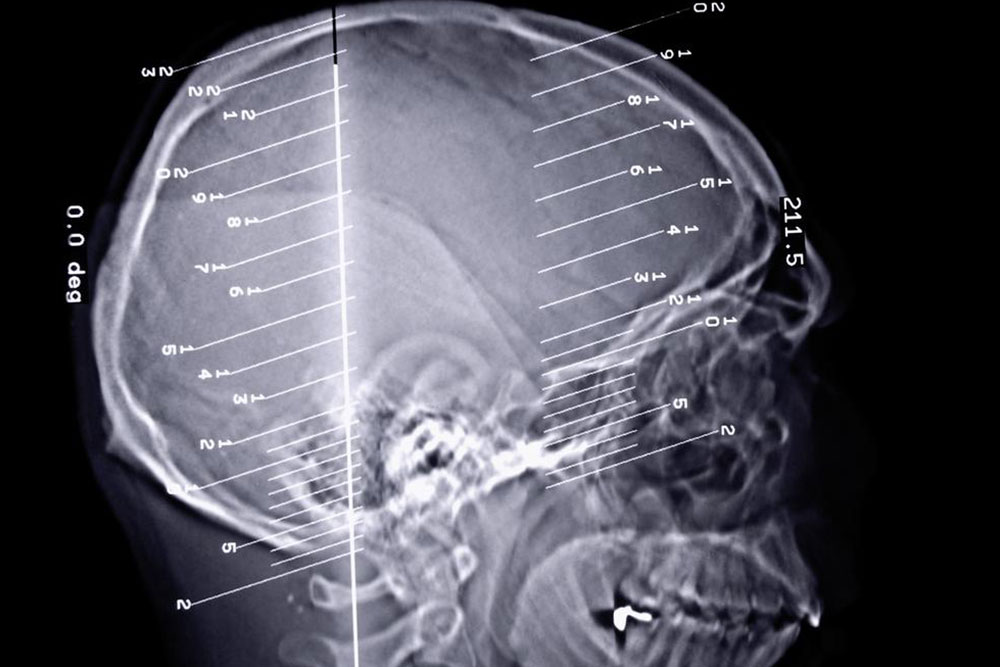Pros and Cons of the Ketogenic Diet
The ketogenic diet has become a popular weight-loss option, with benefits like improved metabolic health and cognitive function. However, it also poses risks such as nutrient deficiencies and increased cholesterol if not properly managed. This article explores the key advantages and potential drawbacks of adopting a keto lifestyle, offering insights into its suitability for different health goals. Ideal for those interested in keto's impact on health and weight management, the piece emphasizes the importance of consultation with healthcare professionals before making dietary changes.
Pros and Cons of the Ketogenic Diet
Evaluating the Benefits and Drawbacks of a Keto Lifestyle
The keto diet has gained immense popularity, fueled by Instagram trends and an increasing number of eateries offering keto-friendly options. This diet emphasizes high fat intake with minimal carbohydrates, aiming for weight reduction. Similar to the Atkins plan, it shifts the body's energy source from carbohydrates to fats, inducing a state called ketosis. In ketosis, the body converts fats into ketones for energy, promoting fat loss. Typical macros include about 5% carbs, 15-25% protein, and the rest from healthy fats. Recommended foods include eggs, fish, meats, nuts, and berries, while avoiding bread, potatoes, sugary drinks, and processed foods.

Although effective for weight loss, the keto diet offers various health benefits and risks. It can help combat obesity, support cancer treatments, reduce seizures in epilepsy, and enhance brain health, potentially lowering risks of Alzheimer’s and Parkinson’s. For women, it may help regulate PCOS, and for heart health, it can improve HDL levels while managing blood glucose and triglycerides. Additionally, it aids in controlling blood sugar levels, making it suitable for some diabetic individuals.
However, there are drawbacks. The diet can lead to nutrient deficiencies, and sudden changes may cause fatigue, nausea, constipation, or sluggishness. Poor fat choices could elevate bad cholesterol levels, increasing heart disease risk. Furthermore, it may not be ideal for athletes, as it can impair performance. Consulting with a healthcare professional before starting is recommended to ensure suitability and safety.










